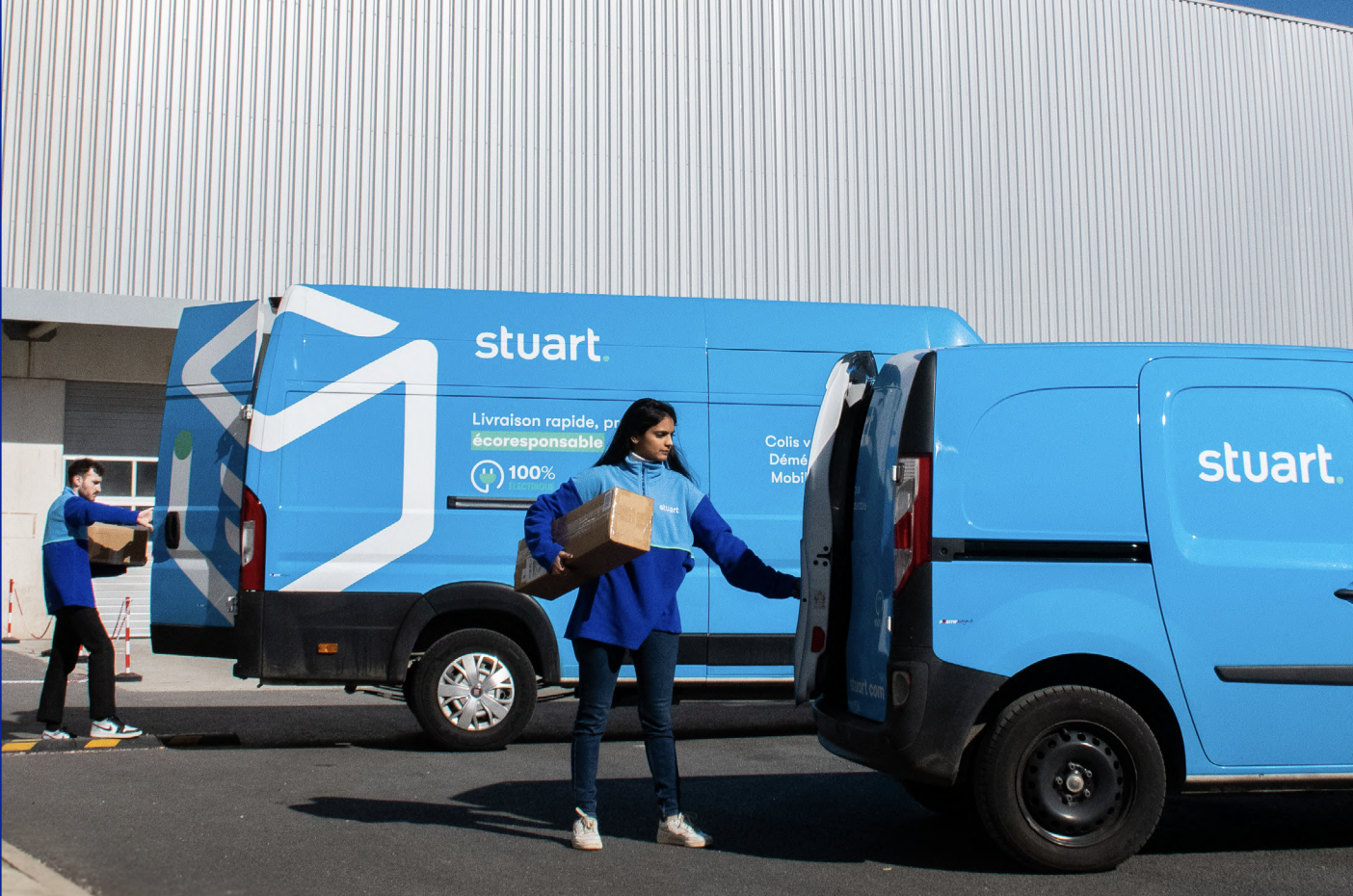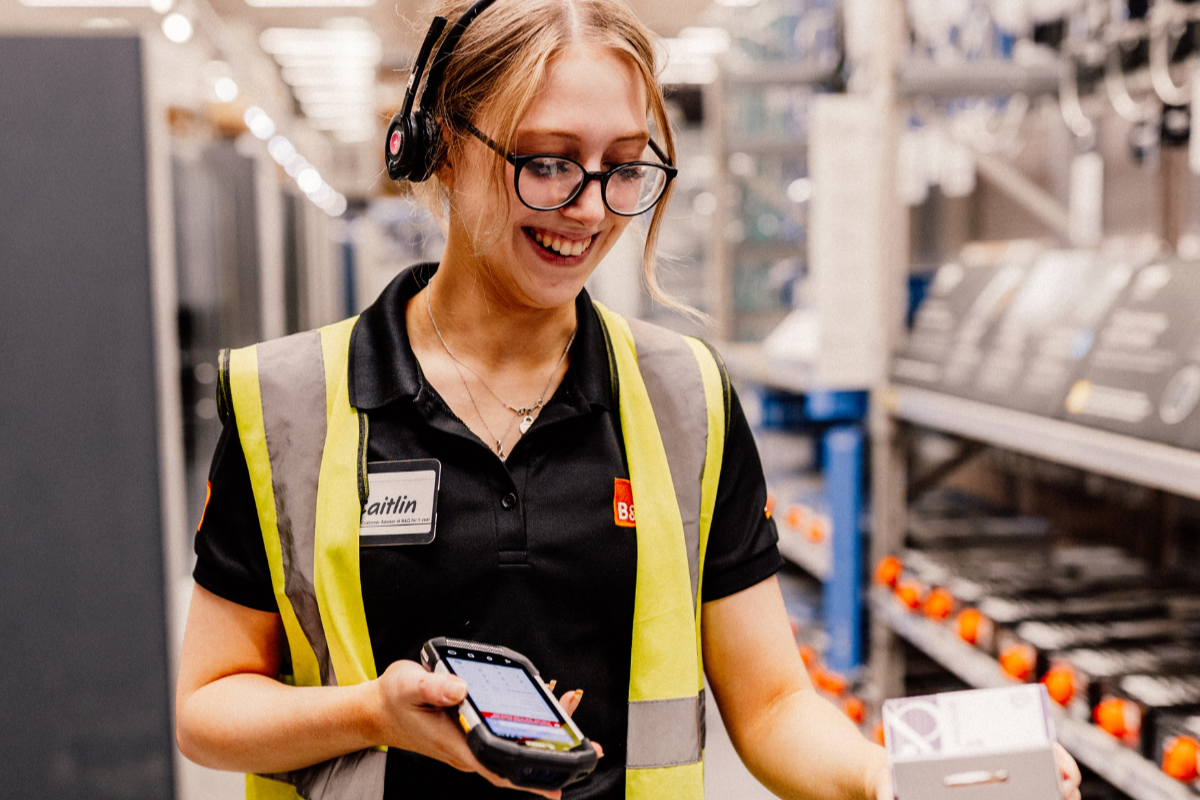It may seem to be an FYI news story when you look at today’s Internet Retailing newsletter, but news that PayPal is revamping its app in the US (Europe is set to follow in 2022) is actually potentially quite significant for retailers.
The move by the payment company takes its payments app into the realms of the super app, adding more than just extra functionality to its existing app and taking it into new areas of payments and finance. The question for retailers is where does it stop?
Super apps are a new evolution of app functionality that allow the user to access several services from one single app. There are already many popular super apps, particularly around Asia, including China’s WeChat and AliPay, India’s Paytm, Singapore’s Grab, Indonesia’s GoTo, Vietnam’s Zalo and South Korea’s Kakao.
For PayPal, the first steps towards super app status involve adding loyalty point management, financial management, loans and BNPL to its app – but it is only the start. The payment company is also pledging to offer “new in-app shopping tools that will enable customers to earn rewards redeemable for cash back or PayPal shopping credit and uncover deals with hundreds of merchants”.
While this may not on the face of it seem to be a threat to retailers own apps, it should be seen as one. PayPal is just the tip of the iceberg. Where marketplaces are eating into retailer, brand and merchant revenues and shifting the ‘who owns the customer’ debate towards the marketplaces, the rise of super apps is going to have a very similar impact.
In fact, many marketplaces – not to mention some key social media sites – are potential retail-eating super apps in waiting. Others will come.
Out in the wider technology market, there are several converging trends around engagement and digital wallets/payments that are starting to solidify the consolidation that are super apps. Coming the other way, Facebook, Instagram, Amazon, PayPal, WeChat et al are also shaping up to be shopping and interaction super apps. Squeezed in the middle are retailers.
With brands and corporates looking at ever more engaging ways to interact with their customers and turn those interactions into sales, there is a move towards not only how to use messaging such as WhatsApp, WeChat, but how to directly monetise those interactions. In short, adding payments to messaging.
This is one step away from these platforms acting as quasi-marketplaces themselves. With PayPal looking to change how it is perceived among its users, it is likely that the likes of Amazon, Facebook and any other platform that enables consumer engagement with marketing are going to sniff out an opportunity to start selling.
This leaves retailers in a bind. Many have only now got their heads around having a transactional app: it may be too late. With marketplaces and other platforms already seen as a good way to tap into where consumers are, deliver a mobile experience and even to expand to new markets, creating super apps that can offer engagement, discovery, purchase, payment and reengagement through channels that consumers already use, this could be where retail is heading.
Will retailers really look to the costly and complex ‘old’ model of building and maintaining their own apps, paying for their own marketing and trying to compete against behemoth super apps that could do it all for them, better and more widely?










